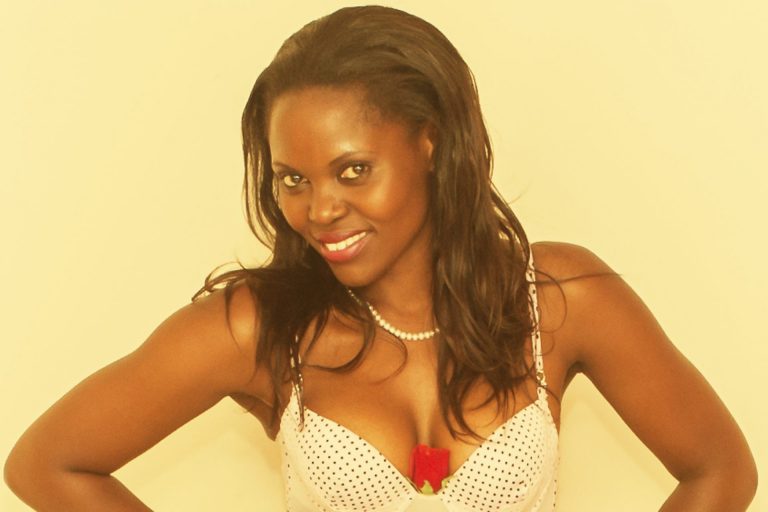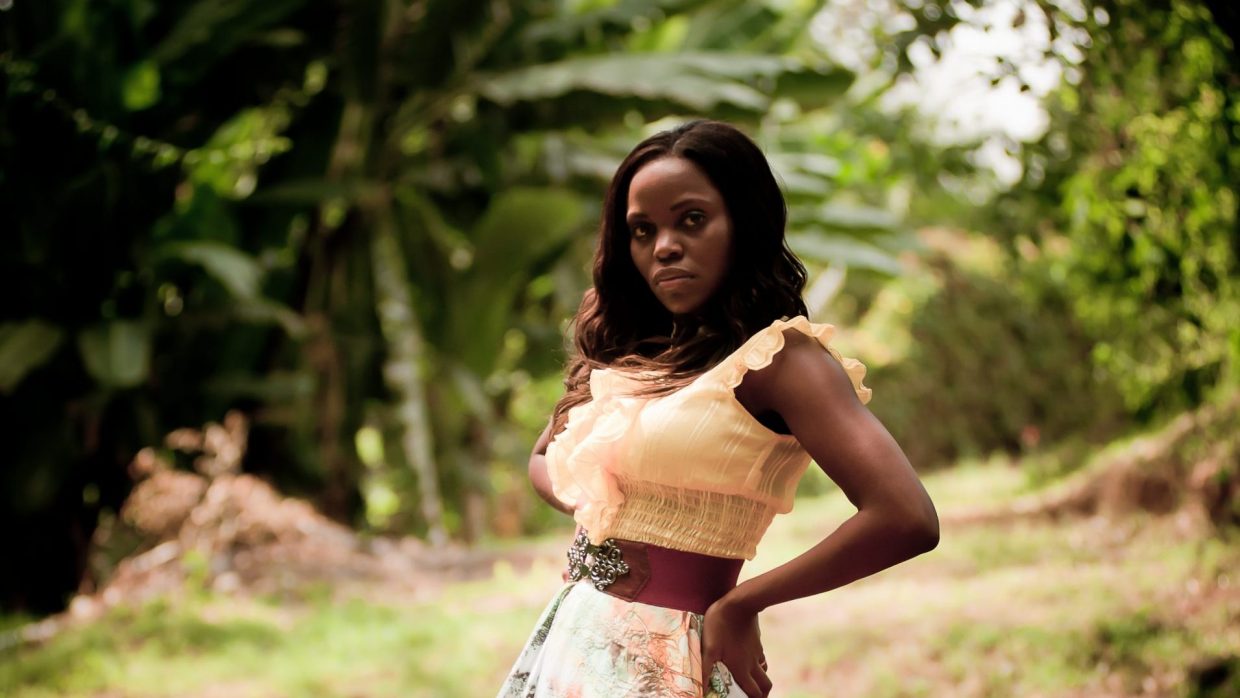
5 October 2017
The many faces of Lizz Njagah Konstantaras on Showmax
There is hardly any mention of the best Kenyan TV shows in the recent years without recognising that some of them were brought to life by Lizz Njagah Konstantaras’s dedicated performance. Take, for example, Dorothy Ghettuba’s Jane and Abel (currently on Showmax) where Lizz plays Jane, an anti-hero caught in a very intriguing revenge-y plotline with Brian Ogola’s Abel. A strong-willed character and a cut-throat businesswoman, she is definitely the kind of character you root for. Enter How to Find a Husband (also available on Showmax)in 2015 and Lizz transforms into a thirtysomething insecure woman, desperate to find a partner and settle down. I wonder if we’ll ever see more of her in Kenyan shows now that she relocated to Greece with her husband Alex Konstantaras. “Greece is our base, but we will be coming back to Kenya to make more films every so often,” she says. From Greece with love, Lizz Njagah tells it all.
- You began your acting career on stage before landing your first major role on TV. What are some of the lessons learnt that prepared you for your future roles?
The basics of acting on stage and TV/ Film are the same, building relationships with the people you work with is very important. Being on stage taught me discipline; you had to be on stage at a certain time because the performance was live. Performing live in front of an audience has a way of making you feel invincible and I used to be very shy growing up so it helped me build my confidence. It also gave me a chance to explore my creativity and improve on my character work; I developed a method of building my characters and breaking down film scripts off the work I did on stage.
- Some of your shows and movies are currently available on Showmax. What unique opportunities do you think platforms like Showmax present to film and TV production in Kenya and in Africa?
The internet is the present and the future. Having content on such platforms as Showmax enables filmmakers like me to distribute our content to a wider audience. It makes great African content available to the world. For the longest time there was the assumption that Nigerians and South Africans were the only ones making movies but now with Showmax other African countries can see the talent that is present all over Africa.
- Let’s talk about naughty films Fundimentals, available for streaming on Showmax, and House of Lungula (which premiered today, Thursday 5 October, on Showmax) which you acted in, wrote and co-produced. What is the significance of using humour to tackle topics that societies generally shy away from such as sex?
It’s a smart way of tackling a serious subject in a way that is easily digested by the audience.
- From an actor’s and a content creator’s perspective, why is it important for you to tell such stories?
There was a time in Kenya where the only movies you were seeing coming out of Kenya were very NGO driven because that is where most of the funding was coming from. Alex (my husband) and I decided that we wanted to make films that were purely entertainment, to make people laugh. It’s also fun for the actors because they get to explore their comedy skills. The stories are also very interesting and we believe movies like these will drive the audience to the theatre, movies with more entertainment value.
- As the co-writer of House of Lungula, what was going through your mind when you created the character of Lola Taylor? Did you know from the beginning that you were going to play the character?
When we were brainstorming the storyline, we came up with the characters and we decided on Lola Taylor for me because of how her story played out. She is a character who decides to take action after being cheated on. She is very typical of a lot of Kenyan women these days who are no longer victims of their spouse’s indiscretions but take an active role in getting their happiness. She is a Kilimani Mum. We always write our characters with actors in mind.
- How was it to work with your husband Alex Konstantaras in both films?
Working with a spouse is never easy because work never really ends, we could be having dinner on a Sunday evening and still talking about the script ideas we have. We had to set boundaries and designate proper working hours. Other than that it was fun because we were pretty much on the same wavelength with both films. On House of Lungula I took a more active role because I was available. On Fundimentals, I only came on board as an actor as I was involved in shooting a few other projects at the time.
- There were some pretty intimate scenes for your character in House of Lungula.
While shooting the intimate scenes in House of Lungula, it was harder for my co-actors to be directed by my husband than it was for either of us. I remember this scene where I had to do a strip tease and my husband was behind the camera going through the motions with me. It was hilarious. We have that on video somewhere, I should post it.
- Your role as Jane in Jane and Abel was iconic. Why were you drawn to this character in the first place?
I loved the character Jane because she was unlike any character I had played before on TV. She was so interesting to play because she was so consumed with her feelings of revenge that nothing was off the table. She was not afraid of anything or anyone. She was a real boss lady. And yet, she also had this tender side, she loved her son with all her heart and would do anything for him.
- Do you share any similarities with Jane?
We both go after what we want and we are both fiercely loyal to our families.
- Why should we as a society tell such stories of strong, independent women?
Kenya and Africa as a whole is chock full of strong female role models. All we have to do is look at our mothers. A lot of my friends share stories of how their mothers were more present and responsible for managing the home and the affairs of the family, even while holding full-time jobs. I feel that this new generation of young Africans have lost the meaning of what it is to be a strong independent women because right now the media is glorifying a certain lifestyle that is dependent on men for upkeep. We need to show more women that are self-made on TV to inspire the younger generation to be more than just socialites.
- You also had a role in the longest-running Nigerian soapie Tinsel. What are some of the lessons you learnt working on this show?
Nigerians are very dedicated to what they do and they have the full support of their audience. Being on Tinsel taught me to take risks; my character Tare Duke was taken through so many challenges and it was such a great opportunity to grow. I remember flying in to Lagos to shoot a hostage situation immediately after Westgate (a mall I frequented a lot before the terrorist attack). The memory was still fresh in my mind and it was difficult just reading the scripts, but everyone was very supportive. I learnt so much about how to approach my craft from the cast and crew.
- In your most recent role you play Abigail in How to Find a Husband. What attracted you to play this character?
The comedy in the writing, I think the creator/writers of this show were ahead of their time, they brought such a fresh perspective to African societal pressure to find a husband before a woman reaches her perceived “sell-by date”. Abigail was also such a stretch from what I am used to playing, she was this insecure, needy, dependent-on-a-man-for-self-esteem kind of character but still she was opinionated and fashionable. Read our interview with director Erica Andyadike, creator of How to Find a Husband.
In today’s society, a lot of women are obsessed with finding “the one”. What is your opinion on the standard of perfection we have put on relationships?
With social media, everyone now looks perfect. You look at people’s Instagram pages and you think they have the perfect life, the perfect job, the perfect relationship. We have been programmed to forget that not everything is perfect all the time. Everything has challenges, just because people don’t talk about it does not mean they are not there. Especially those in the public eye, there is a greater need to be seen as perfect. People should realise it’s perfectly fine to be flawed. Its part of what makes us human, relatable.
- Talking of relationships, how are the Konstantarases doing in their new lives in Greece? Any new projects from you two that Kenyans should look out for?
We are doing great, our son is enjoying spending time with his grandparents. They spoil him a lot. Summer is just over so our son has been enjoying spending time on the beach and in the water. Greece has some lovely beaches. We are facing challenges, obviously, but we are tackling them as they come our way.
- How will this change of scenery impact on your type of content, will you still be telling Kenyan stories?
Yes, we will still be telling African stories, we haven’t turned our back on the continent. I will be travelling back to Kenya occasionally for certain projects. Both personal and also in support of other producers. Greece is our base, but we will be coming back to Kenya to make more films every so often.
- Which one of your projects do you feel is your biggest achievement and why?
I look at all my projects as my biggest accomplishments because they all led to each other, I would not have had one without the others. But if I have to choose I would say Tinsel, because it propelled me into the living rooms of Africans around the world. I still get strangers stopping me on the streets in London to say they have seen me on Tinsel.
See Liz Njagah on House of Lungula, Fundimentals, How to Find a Husband and Tinsel, all on Showmax.
Original African stories by local talent
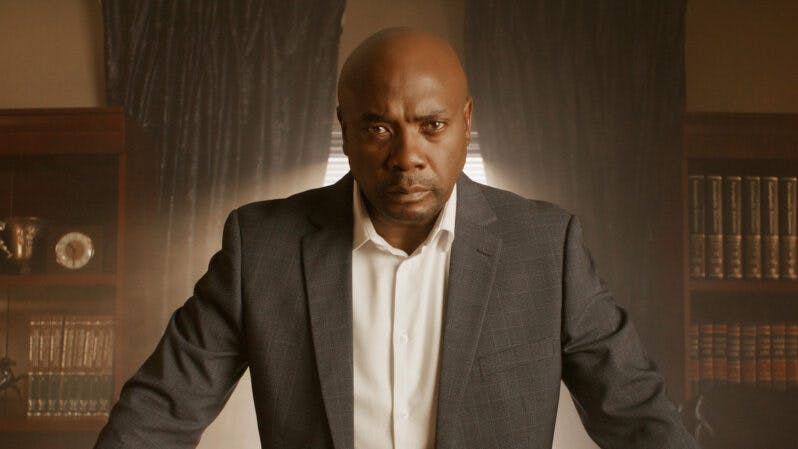
Empini S1
Stream the Showmax Original drama series Empini from 23 May 2024.
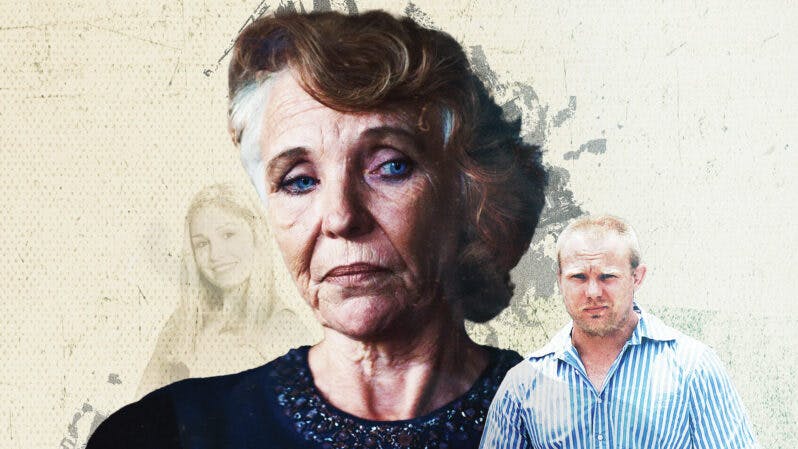
Original Sin: My Son The Killer
Original Sin: My Son The Killer follows the murder of Andrea Venter by Gerhard Jansen van Vuuren, who then went on the run from South Africa to Brazil.
Tracking Thabo Bester
From the makers of Devilsdorp and the director of Convict Conman comes the true-crime documentary South Africa has been waiting for. Two episodes now streaming, and the remaining two episodes land on 22 March 2024 on Showmax.

The Illuminated
The Showmax Original docuseries The Illuminated explores different religious movements in South Africa. Stream now, with new episodes every Wednesday.
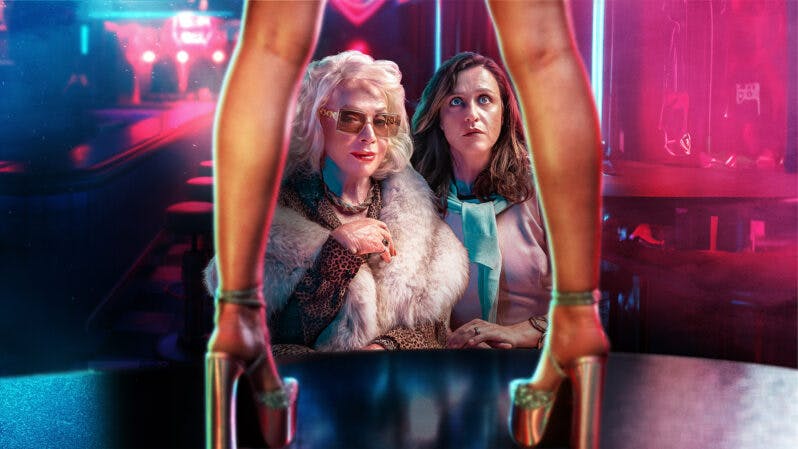
Koek S1
The crime comedy Koek, starring Cindy Swanepoel, now streaming on Showmax, with new episodes every Thursday.

Ekhaya Backpackers S1
Stream the Showmax Original comedy series Ekhaya Backpackers, with new episodes every Thursday.
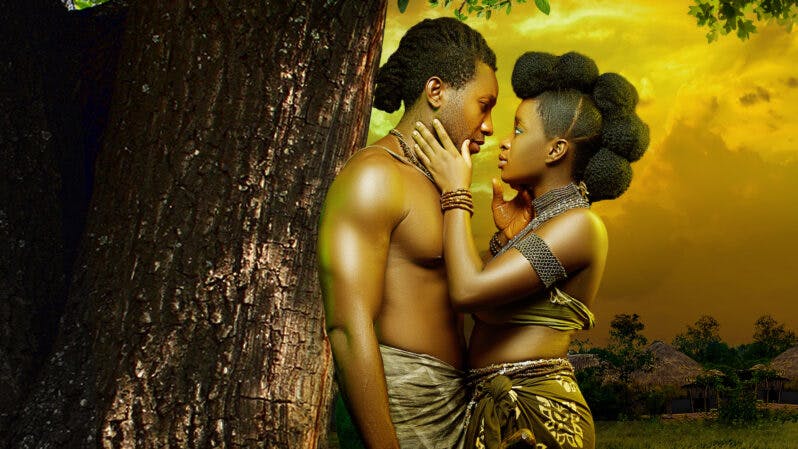
Cheta M
Cheta M explores the love story between Adanna and Nnanna, young lovers who battle the spiritual and political forces in their way. Stream now, with new episodes Wednesday to Friday.
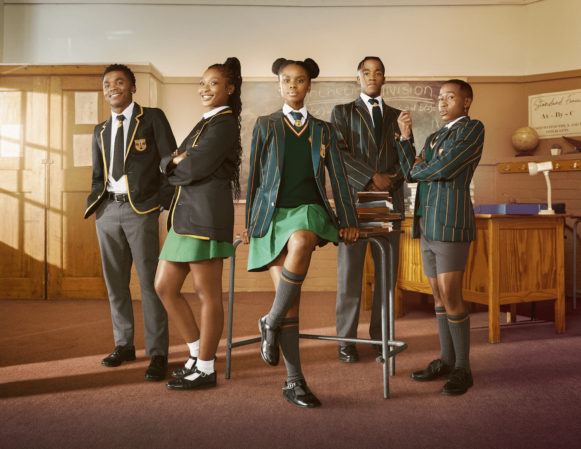
Youngins S1
Stream Tshedza Pictures’s first teen drama, Showmax Original Youngins, with three new episodes every week.
The Winning Ticket, a Showmax Original
Youngins S1 episodes 1-20 recap
More Mzansi gold
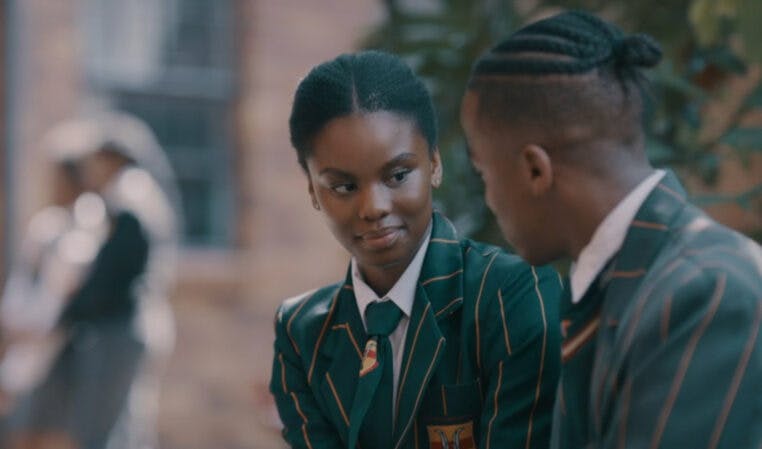
Youngins Season 1 episodes 31-33 recap: Revelations
Amo and Mahlatse become a couple, Tumelo ditches Sefako, and Khaya sees both Sefako and Principal Mthembu in a new light in episodes 31-33 of Showmax Original Youngins.
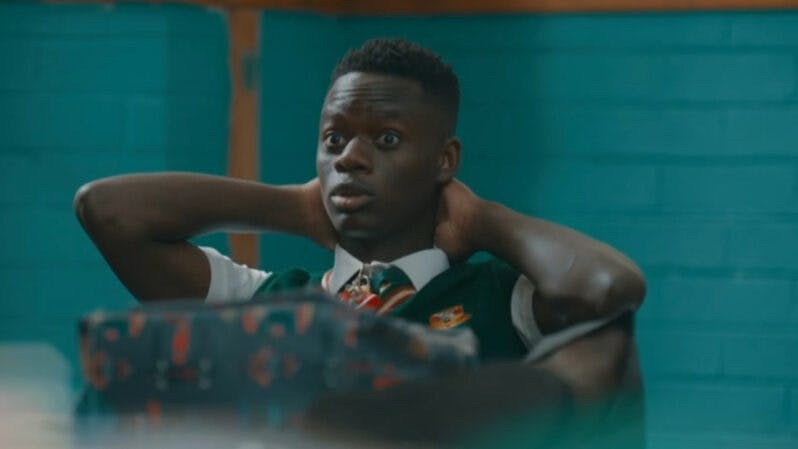
Interview: Knock knock, it’s Youngins’ Tshepo!
Tshepo Matlala talks about how he brings class clown Tshepo’s jokes to life, and what’s behind the mask, in Showmax Original Youngins.

Siyabonga Thwala stars in action-packed Empini
Showmax announces new action-drama series Empini, starring three-times SAFTA winner Siyabonga Thwala. Premieres 23 May on Showmax.
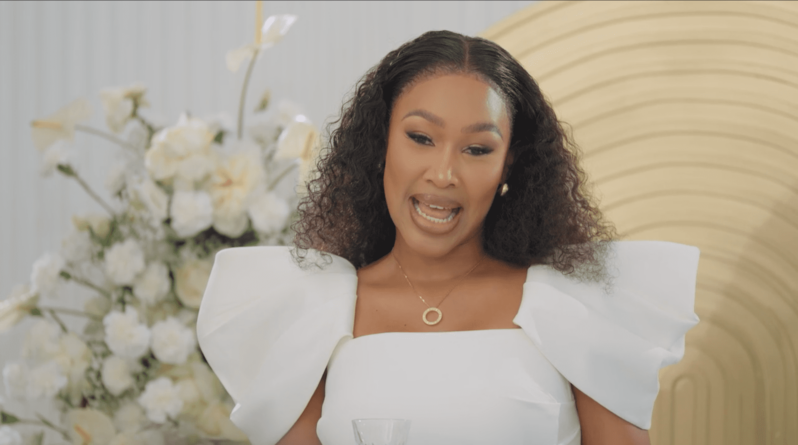
The Mommy Club S2 episode 9 recap: Mrs Mops’ launch event
In episode 9 of The Mommy Club, Mrs Mops launches her skincare range and Barbra and Mantshi make amends. New episodes every Monday.


